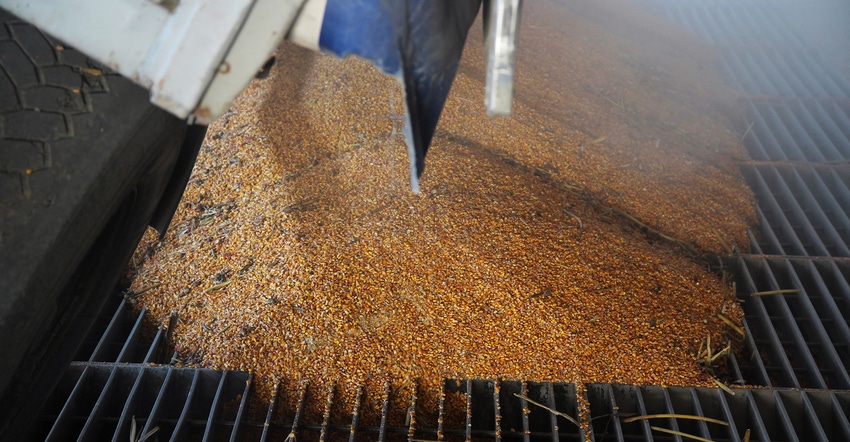
Legislation is moving in both houses of the Indiana General Assembly to improve the way that the Indiana Grain Buyers and Warehouse Licensing Agency, known as IGBWLA, audits licensed grain elevators. Jeff Cummins, legislative policy specialist for Indiana Farm Bureau Inc., says that the nuts and bolts of both House Bill 1483 and Senate Bill 364 are similar. Both should result in more training for IGBWLA staff and more transparency in the process of when a grain elevator runs into financial problems.
However, there is a key difference between the bills. Senate Bill 364 would move the failure date earlier in the case which inspired the legislation, the Salamonie Mills failure in Huntington County, so more farmers would be eligible for payment from the Grain Indemnity Fund. Only grain placed on deferred pricing or in storage within 15 months of the failure date qualifies for payment from the grain indemnity fund. The current failure date is in late March 2020. The House version doesn’t include those provisions.
Warning signs
Matt Gilbert farms near Markle. He received a bad check for a transaction with Salamonie Mills in February 2020 and has yet to receive his money. He could have signed an agreement with the state and received a portion of his money, but he chose not to sign. “I didn’t like the idea of signing away my rights without knowing exactly how much I would receive,” he explains.
Plus, even though he doesn’t have grain that would be affected by moving the failure date and the 15-month provision, he doesn’t feel it’s fair for those farmers who will be affected if they’re not compensated. Like many farmers who were affected, he feels that there were warning signs of financial trouble that should have been detected by authorities much earlier, and the failure date should have been set earlier.
In fact, Gilbert went to the Statehouse and testified before the Senate committee hearing on Senate Bill 364, talking in favor of it. “Some say if a farmer thought there was a problem, they could have contacted the state,” Gilbert says. “Realistically, that’s not just something you do. You trust who you’re doing business with and trust the process.”
He and other farmers believe that in this case, the process that should have uncovered problems failed them.
Red flags
Here are a few more examples. With claims still pending, some asked that their names be withheld.
• One farmer received a check in late September 2019 that didn’t clear the bank. The elevator manager told him there was an issue which would be corrected, and he eventually received his money for that check. However, he still has not settled on claims for other grain.
• Leslie Douglas helped Indiana Prairie Farmer discover how to access a public document describing loans from the bank to Salamonie Mills. One loan dated Oct. 30, 2019, was only for 75 days, and was at a higher rate of interest than a previously existing loan from the same bank to Salamonie Mills. Douglas and her husband, Steve, have a claim but would not be affected by the change of date. She notes that her motivation in documenting all details related to the case is simply to help farmers who deserve payment.
• Another farmer notes that many people or their families had done business with this elevator for some 50 years. There is a degree of respect and trust that goes back and forth, he says. Even when some checks bounced, farmers took the reasoning at face value and assumed things were working out. What bothers him, he notes, is that when IGWBLA issued a fact-finding and final order, it listed everyone who had grain in the facility, including bushels. Yet when affected farmers ask for information about when audits on Salamonie Mills were conducted, the agency denies their requests.
IGWBLA can’t release the results of an audit by law. However, the statute does not appear to apply to releasing when an audit was completed.
About the Author(s)
You May Also Like




